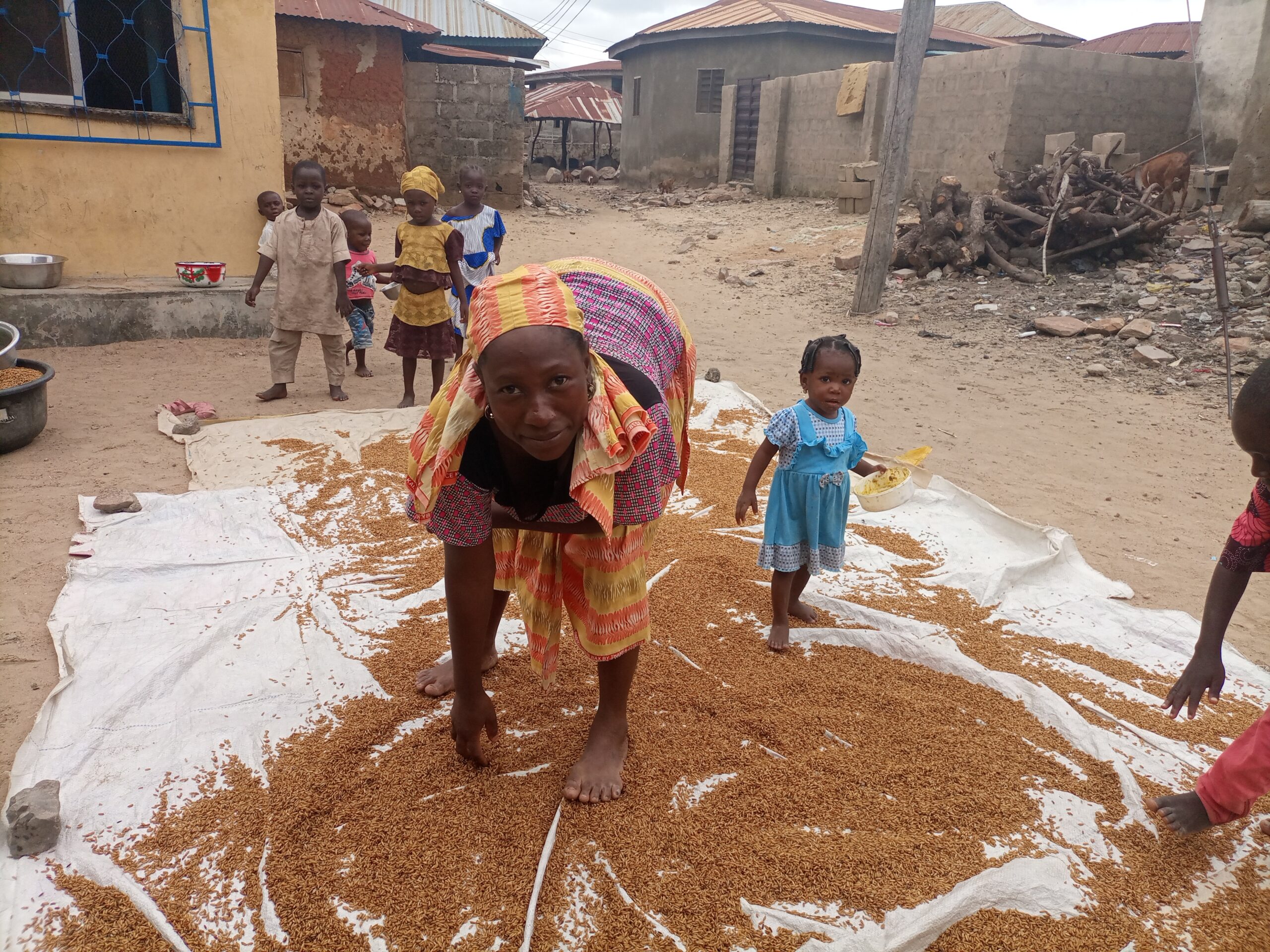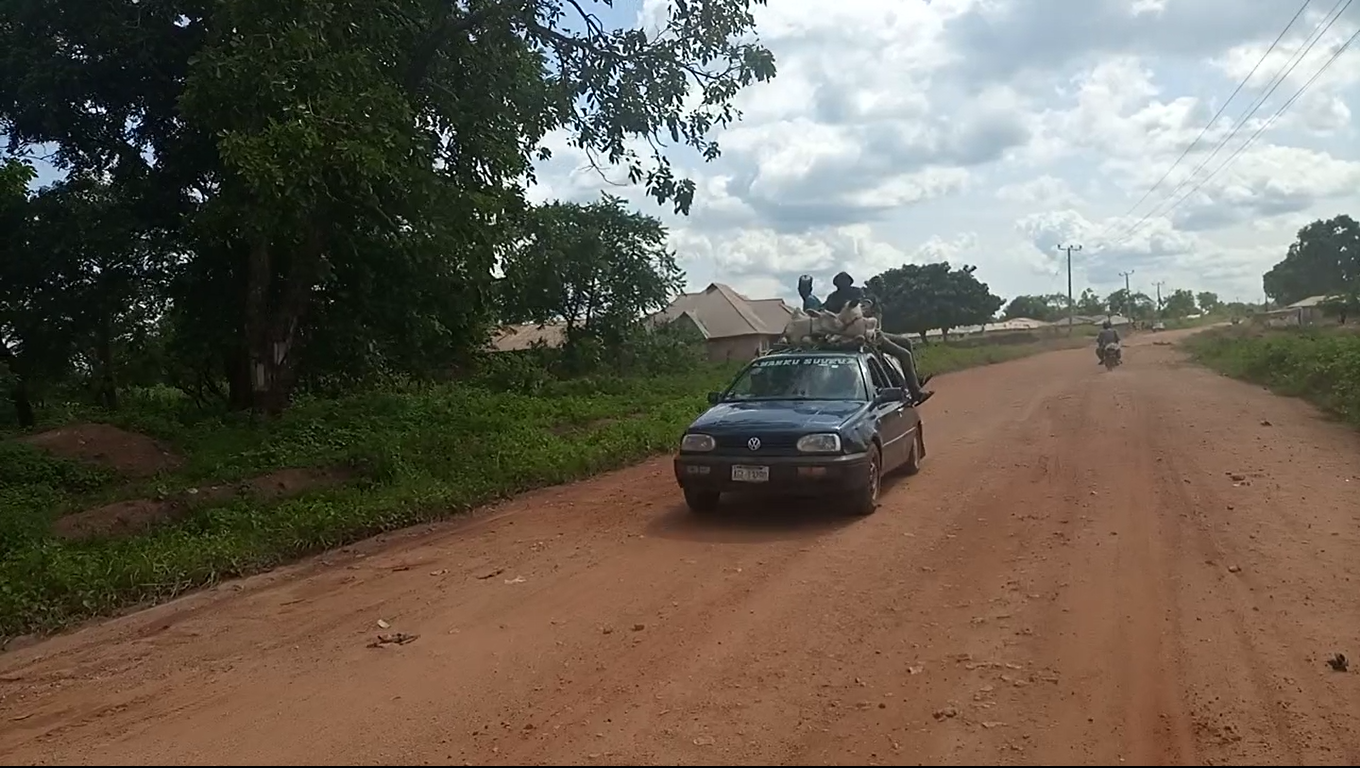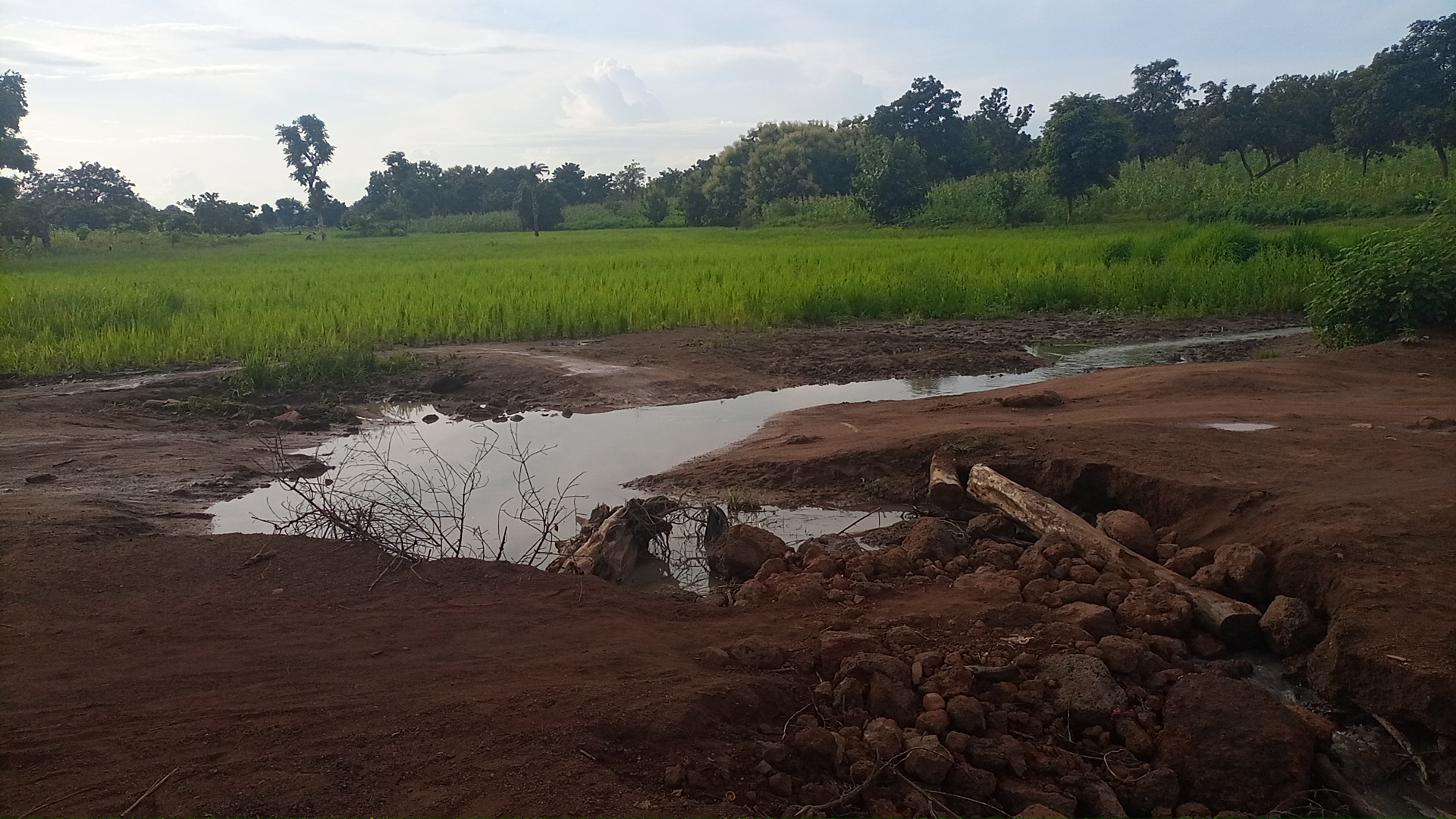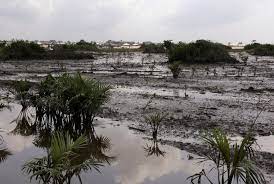Due to the deplorable state of roads in Nigeria, farmers have to grow only what they can eat or the extra they can carry on their heads to nearby markets.
Most times, the surplus gets rotten in storage in the villages or during transit as a result of many hours or days spent transporting the foodstuffs to where they are needed due to bad roads destroyed by flooding.
The inability of farmers to market their farm produce also means a lack of adequate income for production inputs and to expand production, which has resulted in farmers being unable to afford consumer goods and meet their immediate cash requirements, educate their children, live in decent houses, and afford good healthcare.
Many roads are totally impassable after a few days of heavy rainfall cutting off some communities completely from being accessed. Even when commuters offer to pay higher fares, many commercial motorists refuse to go to such communities for fear that their vehicles will sink.
A recent visit to Kpura, one of the numerous communities along the Ilehsa –Baruba – Gwanara Road in Baruten local government area of Kwara State North Central Nigeria, shows that whenever it rains the residents of the agrarian communities are mostly cut off from both sides.

This is partly due to the road cutting off by overflowing water from the Nune River, one of the effects of change in climatic conditions is impassable until the current subsides.
Although the Abdulrahman Abdulrasaq-led administration in the state has done considerable work in ensuring the road project is completed, much is left to be desired.
A resident of the community Memunat Mohammed said the situation has not always been like this, but since the road was approved for construction in 2013 by the Kwara state government, the situation has become worse.
“During the rainy season, life has been hard for people in the communities along the road, as they find it extremely difficult to get their farm produce to the market for sale, “she said.

Despite the volume of crops like tomatoes, pepper, and other perishable items, most don’t make it to the market due to the lack of good motorable roads for vehicles to get the product to the markets for sale.
In January 2022 the federal government commissioned a 1.8 million cubic meters storage capacity, Okuta Dam, to feed at least 100 hectares of irrigation farmlands.
This was coming a few months after the federal government commissioned the upgraded Malete dam and Agba water works in the same senatorial district of Kwara state to boost agriculture production and other purposes.
Speaking at the two-day commissioning of the dam, a project office, and some other completed projects in Ilorin, the Minister of Water Resources, Engineer Suleiman Adamu, said that the federal government has so far “constructed 260 dams across the country and impounded 34. billion of cubic meters of bulk water in dam reservoirs for multi-purposes”.
However, the absence of a road to transport the farm produce to significant towns has been a problem.
Climate change occurring either as slow or rapid onset events has been identified as a threat to global economic development affecting various sectors of the economy like the Agric and food production.
Current climate changes pose challenges to the sector as climate change risk on infrastructure, a vital pillar supporting the agricultural sector, is an added threat to the already risk on agricultural production.
Transport infrastructure particularly road systems is unfortunately in deficit in agrarian communities, host to agricultural production and often located in rural areas, and the few available are in poor conditions. These conditions make them vulnerable to existing climate risks, future uncertainties, and much more.

Climate change, a global environmental challenge driving natural hazards is a threat to sustainable agricultural development.
Changes in average weather conditions, alongside extreme weather events, are altering the climate system resulting in not only unpredictable rainfall and temperature patterns but also increasing occurrences of climate-related events such as extreme floodings and droughts in some cases.
Transport infrastructure which plays critical roles in agricultural production and trade by facilitating food availability and accessibility is progressively affected by climate change and its impacts. Future climate change may pose a higher infrastructure risk.
Heavy rainfall and floods have a higher correlation with road damage and bridge collapse. Secondly, infrastructure disruption/ failure significantly impacts accessibility, food waste, and market demand and supply.
In tackling these issues, the government at all levels should as a matter of priority initiate policies to manage climate change impacts on transport infrastructure, especially in the rural areas for sustainable agricultural production and trade as well as food security.
Government should also consider the need for the inclusion of current and future climate change into infrastructure planning, design construction, and maintenance.
By Dare Akogun





